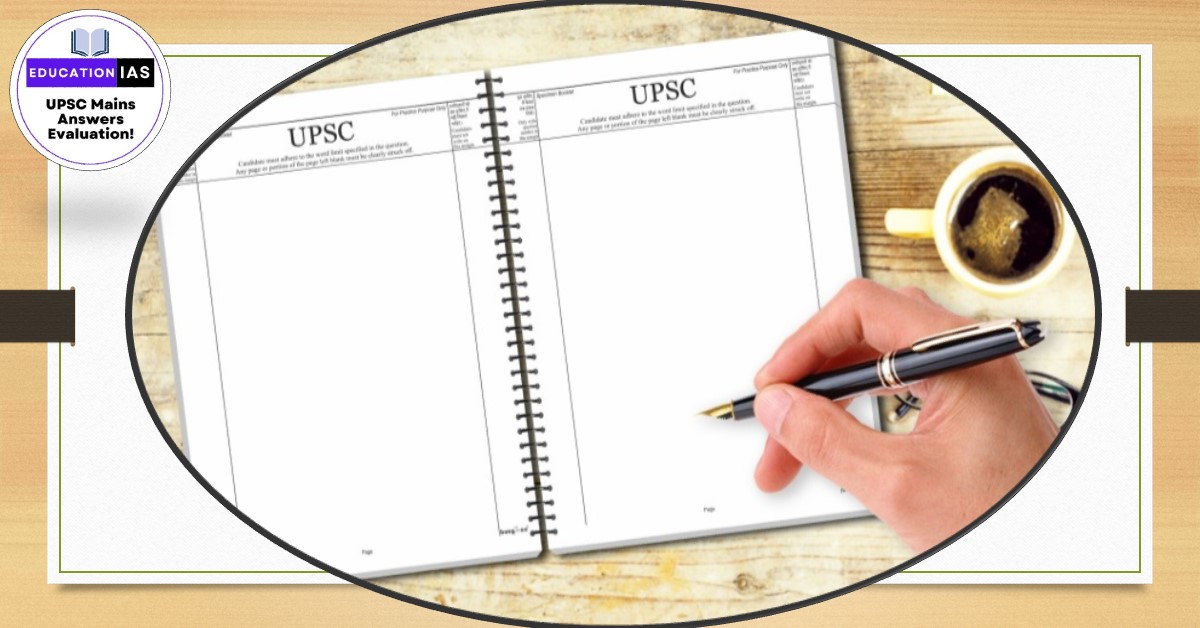How to Study World Geography for UPSC CSE 2025?
(i) Introduction to World Geography
World geography is a critical component of the UPSC Civil Services Examination (CSE), particularly under GS Paper-I. Understanding the intricate relationships between physical features, climate, human activities, and socio-economic patterns is essential for aspiring civil servants. Rajendra Mohwiya Sir emphasizes that a well-rounded grasp of geography enhances analytical skills, enabling candidates to address contemporary global challenges effectively.
The significance of world geography extends beyond rote learning; it fosters a comprehensive understanding of how geographical factors influence national policies and global interactions. Therefore, a strategic approach to preparation is essential for aspirants aiming for success in the UPSC CSE 2025.
(ii) Familiarizing with the Syllabus
A solid preparation begins with a thorough understanding of the UPSC syllabus for world geography. The syllabus encompasses various topics, including physical geography, climate, biodiversity, human geography, and international relations. Rajendra Mohwiya Sir suggests that aspirants must familiarize themselves with the weightage of each topic to prioritize their study effectively.
Moreover, integrating current affairs with the syllabus is crucial. Keeping abreast of geographical developments, climate change, and international geopolitical dynamics will enhance candidates’ contextual understanding. Rajendra Mohwiya Sir encourages aspirants to follow reliable news sources and academic publications to connect theoretical knowledge with practical scenarios.
(iii) Recommended Study Materials
Choosing the right study materials is pivotal for effective preparation. Standard textbooks like GC Leong’s “Certificate Physical and Human Geography” and Savindra Singh’s “Physical Geography” provide comprehensive coverage of fundamental concepts. Additionally, NCERT textbooks from Class VI to XII are indispensable for building a solid foundation.
Rajendra Mohwiya Sir recommends complementing textbooks with online resources, including geographic databases, interactive maps, and reputable websites focusing on world geography. Engaging with multimedia resources, such as documentaries and educational videos, can help reinforce concepts and enhance retention.
(iv) Developing a Study Plan
A structured study plan is essential for effective preparation. Candidates should allocate time for each topic based on their comfort level and the syllabus weightage. Rajendra Mohwiya Sir advises that a suggested approach includes dedicating a specific number of hours each week for focused study sessions.
Incorporating revision sessions is equally important. Regularly revisiting previously studied material helps consolidate knowledge and enhances long-term retention. Creating a timeline that outlines milestones for completing different topics can help keep candidates on track and motivated.
(v) Utilizing Maps and Diagrams
Geography is inherently visual, making the use of maps and diagrams invaluable in preparation. Aspirants should practice interpreting and drawing various maps, including topographical, political, and climatic maps. Rajendra Mohwiya Sir emphasizes the importance of understanding how to read and analyze these maps, as they are crucial for answering questions effectively in the examination.
In addition to traditional maps, candidates can create visual aids, such as concept maps and flowcharts, to summarize complex topics. This method helps in linking concepts and improving recall, particularly in areas where geographical interconnections are significant.
(vi) Practicing Answer Writing
Answer writing is a critical skill for success in the UPSC CSE. Rajendra Mohwiya Sir stresses that candidates should practice writing structured answers to geographical questions, adhering to the prescribed format. Each answer should include an introduction, a main body with clear headings, and a concise conclusion.
Incorporating recent examples and current affairs into answers adds depth and relevance. For instance, discussing the impacts of climate change on specific regions or referring to international treaties on climate action can showcase candidates’ understanding of contemporary issues, thereby enhancing the quality of their responses.
(vii) Mock Tests and Revision
Regular mock tests are essential for gauging progress and identifying areas for improvement. Candidates should incorporate timed mock tests into their preparation routine to simulate examination conditions. Rajendra Mohwiya Sir suggests that this practice helps improve time management and boosts confidence for the actual exam.
Following mock tests, thorough analysis is crucial. Reviewing incorrect answers and understanding the rationale behind correct responses will enhance conceptual clarity. Additionally, incorporating revision of key concepts and themes after each mock test solidifies learning.
(viii) Engaging in Group Discussions
Group discussions (GD) with fellow aspirants can enrich the preparation experience. Engaging in discussions fosters collaborative learning, where candidates can exchange knowledge and insights. Rajendra Mohwiya Sir advocates for this interaction as it helps in clarifying doubts and gaining diverse perspectives on geographical issues.
Moreover, GDs can simulate the environment of interviews and personality tests. Practicing articulate communication of geographical concepts enhances candidates’ confidence and prepares them for oral assessments during the selection process.
(ix) Conclusion
Preparing for world geography for the UPSC CSE 2025 requires a comprehensive and strategic approach. By familiarizing themselves with the syllabus, utilizing the right study materials, and engaging in effective study methods, candidates can build a strong foundation in geography. With consistent practice, revision, and an awareness of current affairs, aspirants will be well-equipped to tackle the challenges of the examination and excel in their civil services journey, as guided by Rajendra Mohwiya Sir’s expertise.
